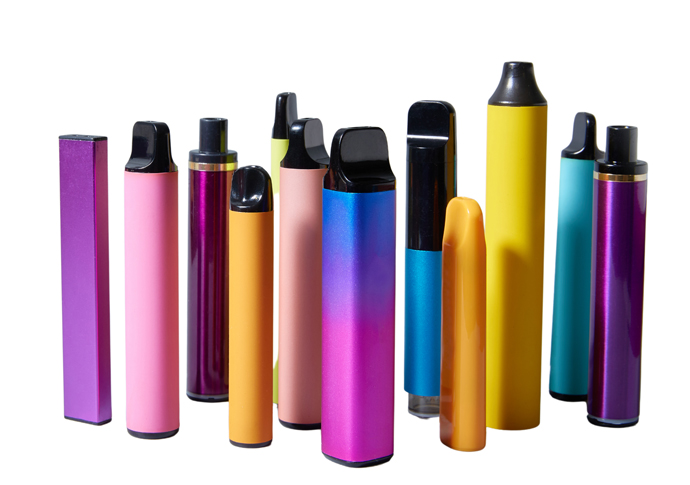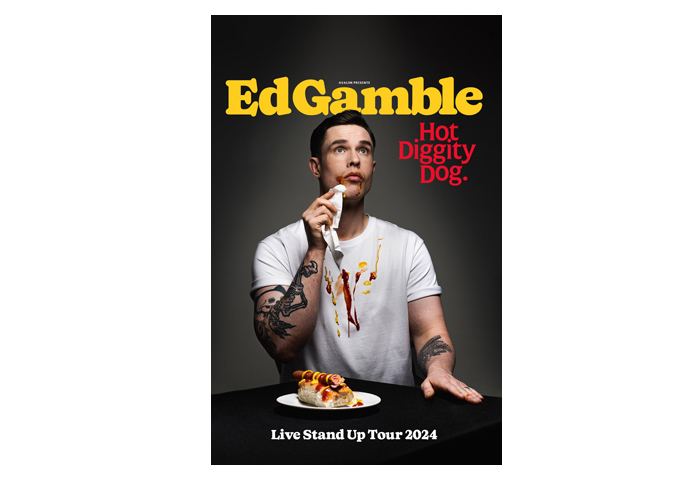Revealed: How tobacco firms get ads on tube
EXCLUSIVE: Half a million pounds has been spent, largely on vaping ads
Friday, 5th April 2024 — By Isabel Loubser

TRANSPORT for London is collecting big money from tobacco firms advertising on the tube network, the Tribune can reveal.
Our enquiries under the Freedom of Information Act found half a million pounds has been spent largely on vaping ads. It comes amid concerns that people – particularly younger customers – are using vapes without ever having smoked a cigarette due to their colourful promotion.
The tube ads were booked despite a strict clampdown by London mayor Sadiq Khan on what can and cannot be advertised on the underground, and a ban on fast-food marketing.
This hardline approach led to a wedding cake being removed from a theatre show advert and, last month, a ban on comedian Ed Gamble’s tour poster, which included a hot dog.
The Tribune found that the number of “tobacco and accessories” campaigns which appeared on TfL’s services increased by five fold last year.
Data shows that there were 36 of these campaigns at London tube stations and on buses in the year 2022/23, up from just seven the previous year.
The revenue generated by these campaigns equated to almost £500,000 and was paid for by 10 separate companies. These included brands such as British American Tobacco, Japan Tobacco International and Vaporessso. Many tobacco firms have begun producing vape products amid campaigns to persuade people to stop smoking cigarettes.
Japan Tobacco International owns Nordic Spirit, which produces Snus, a nicotine pouch that users can place between their lip and gums.
Adverts have been placed at a host of tube stops including Arsenal and Angel.

Comedian Ed Gamble was made to change his tube poster
A spokesperson for TfL said: “All advertising copy on our network is reviewed on a case-by-case basis against TfL’s advertising policy, which requires advertisers to comply with Advertising Standards Authority (ASA) Guidance and Committees of Advertising Practice (CAP) codes.”
They added: “While the advertising of tobacco was banned in the UK in 2003, our advertising policy allows adverts for vapes and e-cigarette products on outdoor advertising sites as long as they meet the requirements of the UK Advertising Codes.”
But Hazel Cheeseman, the deputy chief executive of Action on Smoking and Health which was set up to “end the harm caused by tobacco”, said: “Rather than TfL selling their advertising space to tobacco companies to market their vaping products it would be great to see this space being used by councils and the NHS to promote the importance of quitting to smokers, including encouraging them to switch to vaping.
“Even though vaping is less harmful than smoking not enough smokers believe this. It would be good for the health of the capital if TfL advertising was used to encourage smokers to switch, a message far too important to be left to the commercially interested and untrustworthy tobacco industry.”
Mr Gamble changed the poster advertising his show, replacing the hot dog with a cucumber.
According to TfL, the hot dog did not comply with its policy which bans food high in fat, sugar and salt from being featured on buses and tubes throughout London.
Other fast-food ads, however, can slip through, including a large McDonald’s poster at Angel station featuring six chicken nuggets and a large fizzy drink.
TfL’s guidelines state: “An advertisement will not be approved if … it promotes (directly or indirectly) food or non-alcoholic drink which is high in fat, salt and/or sugar”, but it added that the rules on this were worked out with a system which “assigns points depending on the nutritional content of 100g of a food or non-alcoholic beverage”. TfL said: McDonald’s sent the nutritional information of the item in the advert, and it was found to be compliant based on the FSA’s model, confirming them to be non-HFSS items”.